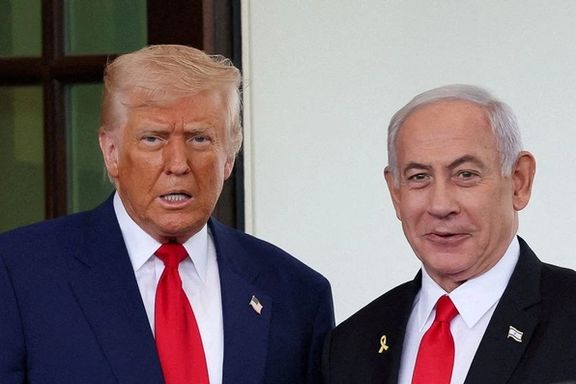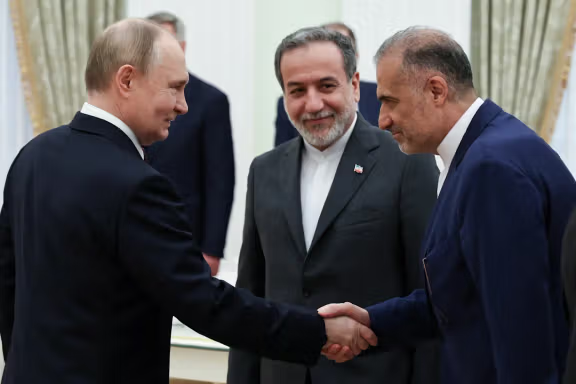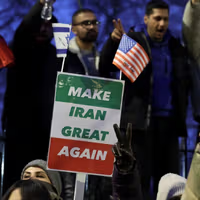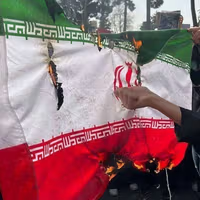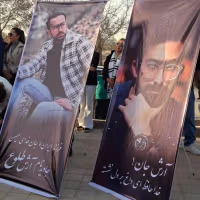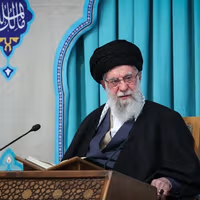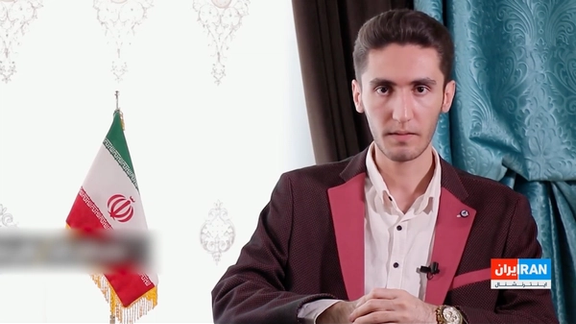“Enrichment without an agreement means war—and even with an agreement, it is currently impractical,” Qassem Mohebali, former director general for the Middle East and North Africa at Iran's Ministry of Foreign Affairs, told Rouydad 24 website.
"The only solution is to temporarily suspend this right until a deal is reached.”
Last month, Iran's foreign minister insisted Tehran would not give up enrichment and the United States has no way to end it militarily, after US President Donald Trump vowed to wipe out Iran's nuclear sites again if it revived its activities.
"All should know that we Iranians have NOT BOUGHT our PEACEFUL nuclear program; we have BUILT IT WITH BLOOD, SWEAT, AND TEARS," Araghchi posted on X in late July.
This statement followed sharp criticism from US President Donald Trump, who called such a position “stupid” and vowed to prevent that from happening.
"They still talk about enrichment. I mean, who would do that? You just come out of something that's so bad, and they talk about, we want to continue enrichment. Who would say that? How stupid can you be to say that?" Trump said.
Is enrichment Iran's right?
While Iran insists that enrichment is its right under the Non-Proliferation Treaty (NPT), Mohebali says the right to enrichment and its actual implementation are different.
"The NPT doesn’t explicitly grant a ‘right to enrichment’, it only permits peaceful nuclear technology use, which doesn’t necessarily include enrichment."
“Iran could be granted this right but choose not to exercise it until an agreement is reached. At present, enrichment seems neither feasible nor open for discussion,” Mohebali added.
On June 22, Trump ordered airstrikes on Iran’s nuclear sites at Fordow, Esfahan, and Natanz, capping off a surprise Israeli military campaign that killed hundreds of people, including military personnel, nuclear scientists, and civilians.
Mohebali also warned that Iran's failure to reach a deal with world powers over its disputed nuclear program may lead to the return of UN sanctions which could itself escalate tensions.
“The return of UN Security Council sanctions—particularly Resolution 1929—would allow the United States, Israel, and Europe to impose official sanctions and carry out actions such as inspecting planes, ships, trains, or individuals. Such actions could themselves lead to war,” he said.
Iran’s Ministry of Intelligence issued secret guidance warning this week to ministries and major companies to prepare for the likely return of punishing United Nations sanctions.
France, Germany, and the United Kingdom have warned that they are prepared to trigger the so-called “snapback” mechanism by the end of August if Tehran fails to reach a diplomatic solution.
The snapback mechanism, part of UN Security Council Resolution 2231, which endorsed the 2015 Joint Comprehensive Plan of Action (JCPOA), allows any party to the accord to file a complaint accusing Iran of non-compliance.
If no resolution is reached within 30 days, all previous UN sanctions would automatically “snap back,” including arms embargoes, cargo inspections, and missile restrictions.
